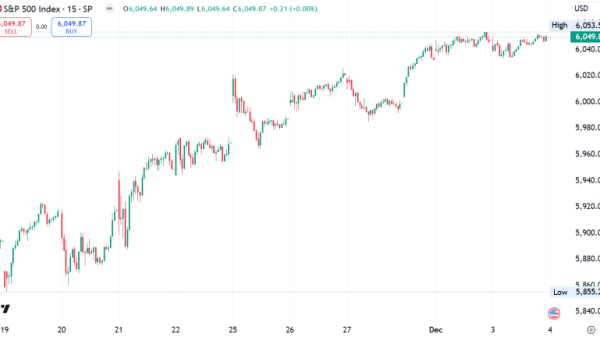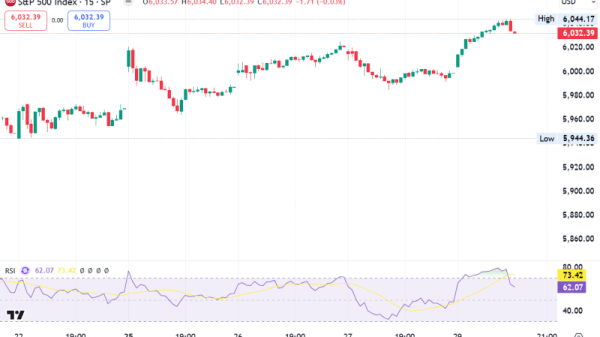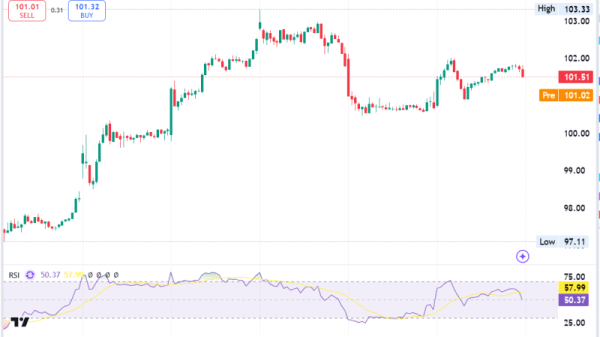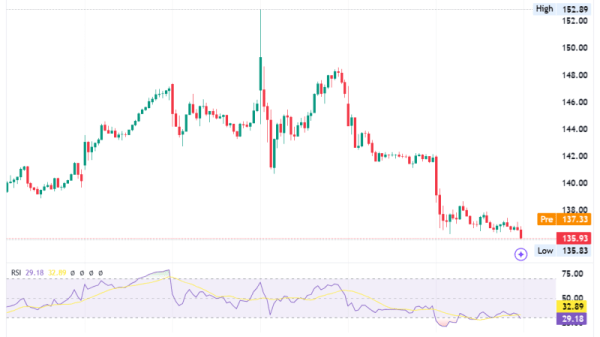By Suban Abdulla
LONDON (Reuters) – British companies face a challenging 2025, the British Chambers of Commerce said on Wednesday with an increase in employment costs and potential tariffs on exports likely to hit their investment and trading prospects.
The possibility of higher trade tariffs, as proposed by incoming U.S. president Donald Trump, and global conflicts are expected to weigh down on trade, on top of post-Brexit trade barriers with the European Union, the BCC said.
Trump has floated blanket tariffs of 10% to 20% on nearly all imports when he returns to the White House in January.
“With fears of a tariff war and continued trade barriers with the EU, international trade will be challenging for many firms,” the BCC’s head of research David Bharier, said.
The BCC revised down its forecasts for net trade which it now expects to contract by 1.4% in 2025 and 1.5% in 2026.
Earnings growth is expected to slow next year, mainly reflecting increased costs including the higher social security contributions that will be paid by employers and a 6.7% rise in the minimum wage, both of which come into effect in April.
“The knock-on effect of rising business costs are likely to restrict wage growth in the short term and employment, as firms struggle to pass on costs and boost recruitment,” Bharier said.
The Bank of England is closely watching wage growth as it considers further interest rate cuts which Bank Governor Andrew Bailey has said are likely to be gradual given the inflation pressures still in the British economy.
Business investment is forecast to grow by just 0.9% next year, compared to a previous forecast of 1.4% growth. It is expected to grow by 2.1% in 2026.
The downgrade was exacerbated by the rise in social security contributions paid by employers, the BCC said.
Finance minister Rachel Reeves announced the increase in her budget in October.
The BCC now expects Britain’s economy to grow 0.8% in 2024, a downgrade from a previous forecast of 1.1%.
But growth was revised up for the coming two years – with expansions of 1.3% expected in 2025 and 1.5% in 2026, higher than previous estimates of 1.0% and 1.1% respectively, echoing upgrades by other forecasters after Reeves announced increases in public spending.
The BCC said the social security rise would have a “small impact” on the growth forecasts.
The Organisation for Economic Cooperation and Development on Wednesday trimmed its forecast for British economic growth this year to 0.9% from 1.1%, but raised its 2025 projection to 1.7% from 1.2% previously.






































